WASHINGTON D.C. — 400,000 protesters gathered in Washington D.C. on Saturday, January 13, calling for a ceasefire in Gaza. Standing in solidarity with Palestinians, their efforts were taken to the nation’s capital.
The American Muslim Task Force for Palestine and various other groups organized the protest at Freedom Plaza. This has been one of the largest protests for Palestine in the United States thus far, according to reports. A a sea of protesters were heard chanting “Free Palestine” and “Ceasefire now” while holding signs and Palestinian flags, urging the Biden administration to stop funding the genocide taking place in Gaza.
Individuals from all over the country attended this protest, advocating for those who do not have a voice while calling for an end to the brutality against the Palestinians. Protests similar to this one have sparked across the globe. January 13, specifically, marked a global day of protests for Palestine while individuals worldwide protested against the violence that has continued to ensue in Gaza. Cities that participated include Paris, London, Rome, Dublin, Johannesburg and Kuala Lumpur, reports state.
Lama Beydoun, a Dearborn resident and a public health professional, was one of the attendees at the Washington D.C. protest, flying there from metro Detroit in hopes of eliciting change.
She told The Arab American News this was one of nearly 10 pro-Palestinian protests she has attended since the beginning of the genocide.
“Thousands of people gathered at Freedom Plaza to voice their demand for a permanent ceasefire in Palestine and to end the occupation,” she said. “People from all over the country flew into D.C. in solidarity. Roads were closed by law enforcement and protesters walked miles from their hotels to participate.”
Protests and rallies are used as agencies for change and can also stand as vessels for connecting fellow protesters, establishing new relationships and hearing stories of those who have been personally impacted by the genocide.
“During these protests I have been able to cultivate deep conversations, connections and friendships,” Beydoun said. “Many of the protests that I have attended, people shared personal stories of their family members’ first-hand experiences in Palestine.”
Signs and protesters pictured in Washington D.C. Photos: Lama Beydoun
Individuals from all walks of life attend these protests regardless of faith, culture or ethnic background. Beydoun shared how moving it is to see people with no ethnic connection or association to Palestinians stand by their side in the fight for change.
“See non-Arab and non-Muslims supporting the Palestine movement and their passions towards humanity,” she said. “When we gather at these protests, there is a sense of belonging and unity that ignites deep connection and strength as a whole.”
Beydoun said that many signs she saw at the protest had watermelons displayed on them as a symbol of Palestine and its movement. The watermelon has been a symbol of Palestinian iconography for many years, and it continues to hold space in the more recent protests as well as on social media. Social media users have resorted to using the watermelon emoticon to coincide with posts of Palestine as users use their social media presence to affirm their stance and spread awareness on the violence and occupation in Gaza.
In efforts to be a vehicle for change, many across the globe continue to protest and be the voice for the voiceless. Beydoun shared that following our moral compass is important and necessary.
“Regardless of your religious or ethnic background or any other views in life, we have a humanistic moral compass that has been embedded in each of us,” she said. “We have an innate ability to know what is evil and what is good. And with that moral compass, we have a humanistic obligation to be vocal on the atrocities committed on the people of Palestine.”


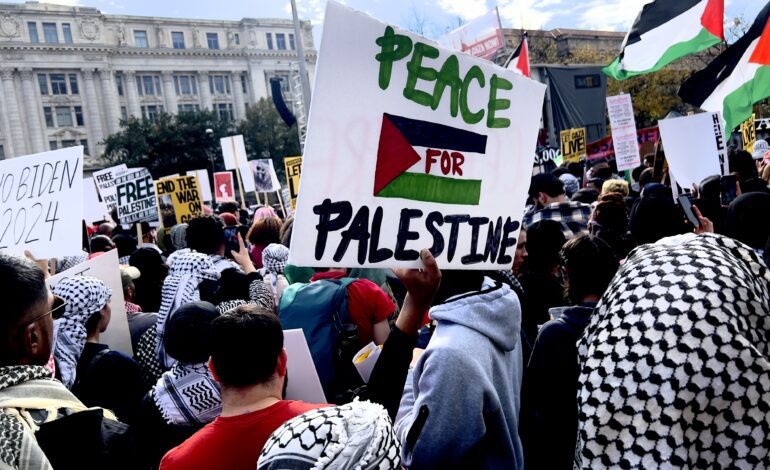
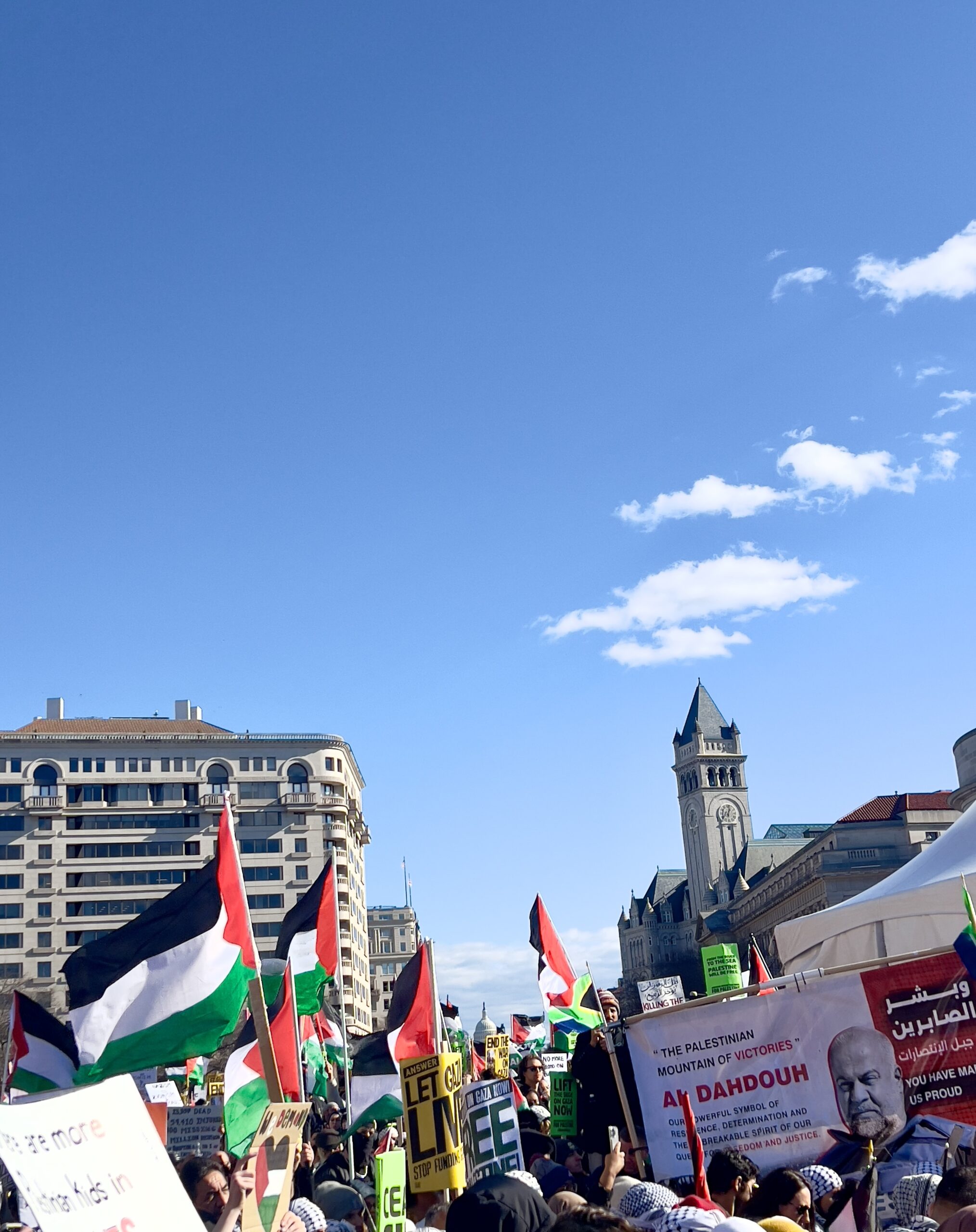
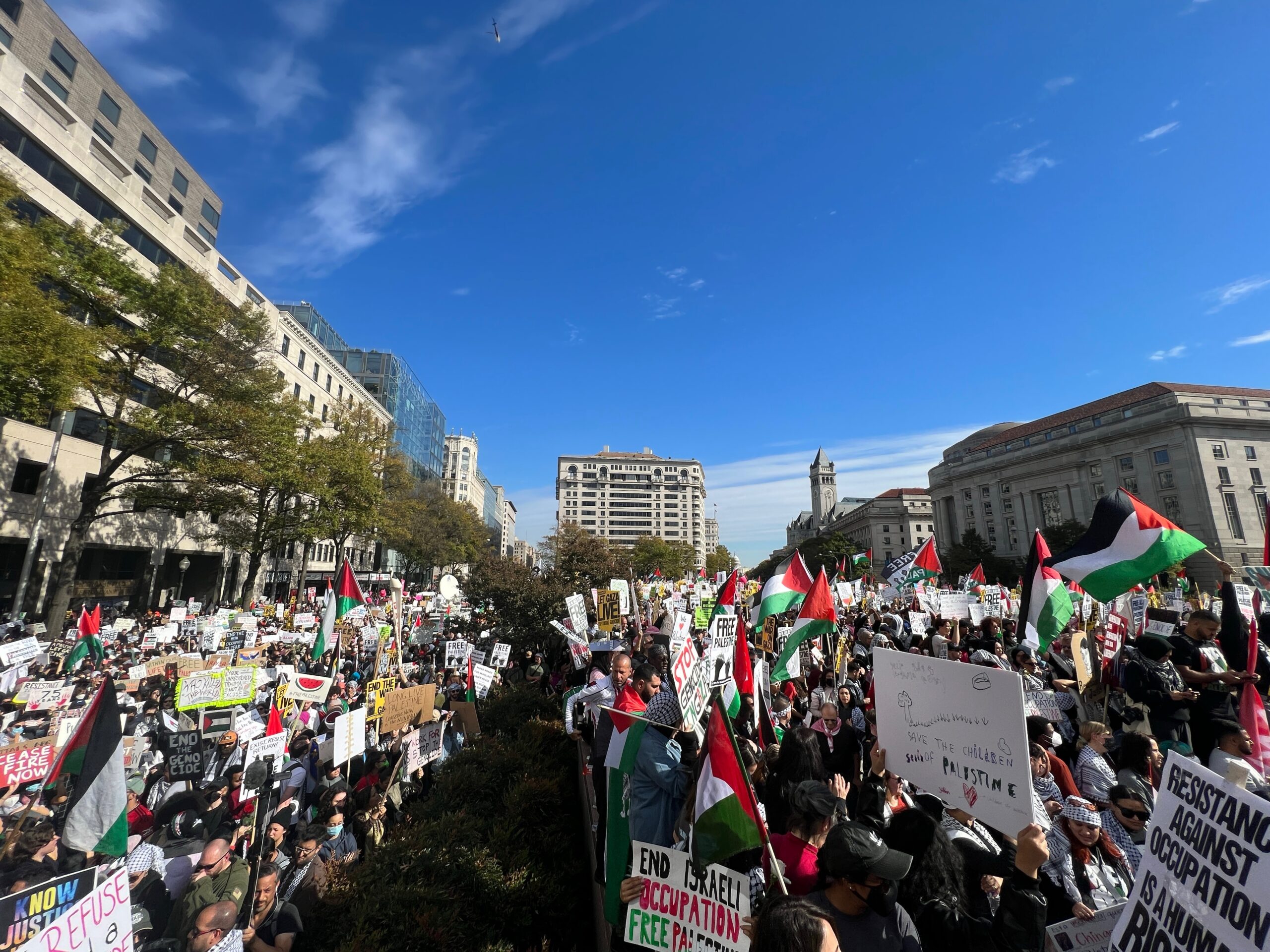
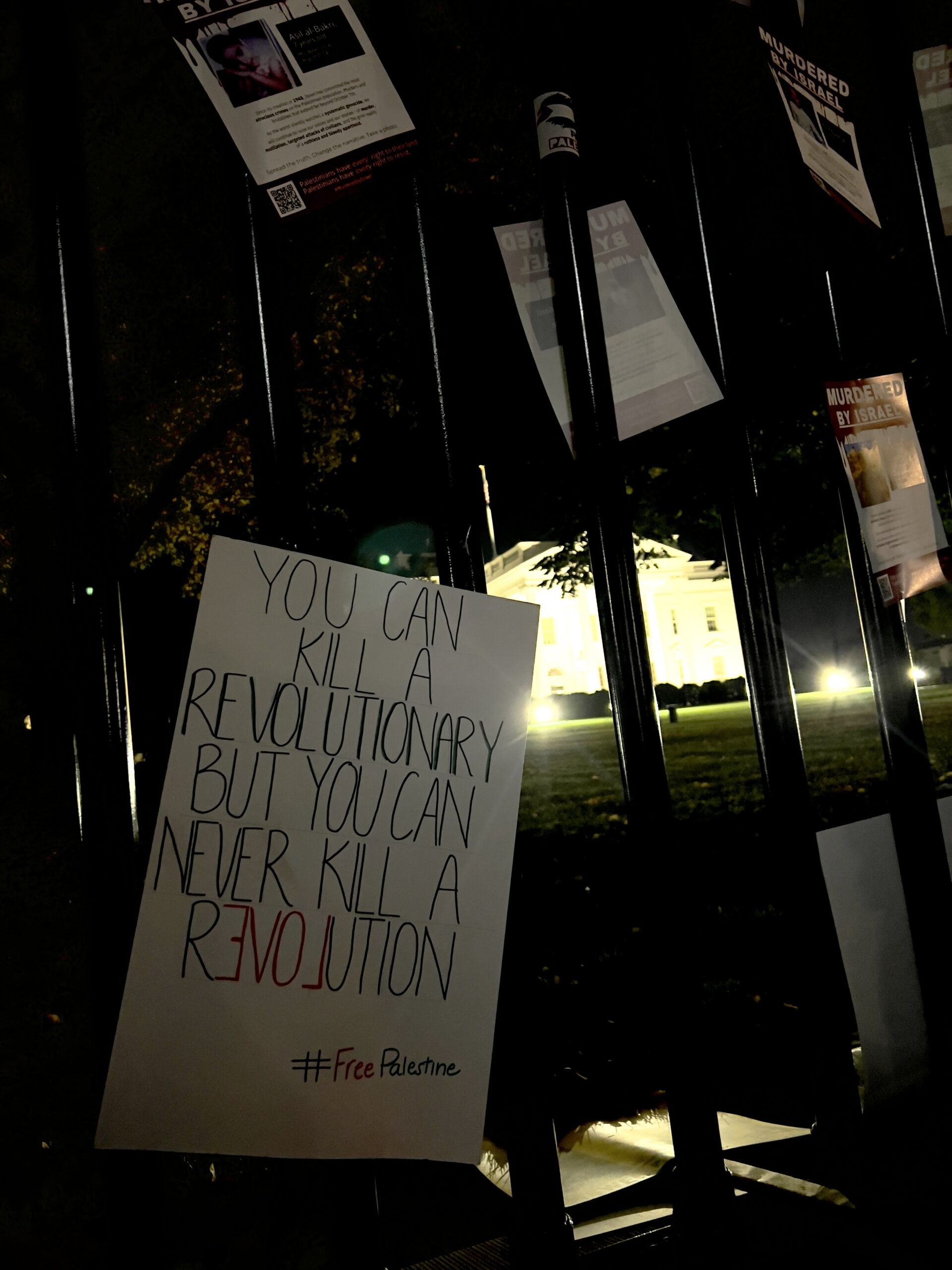
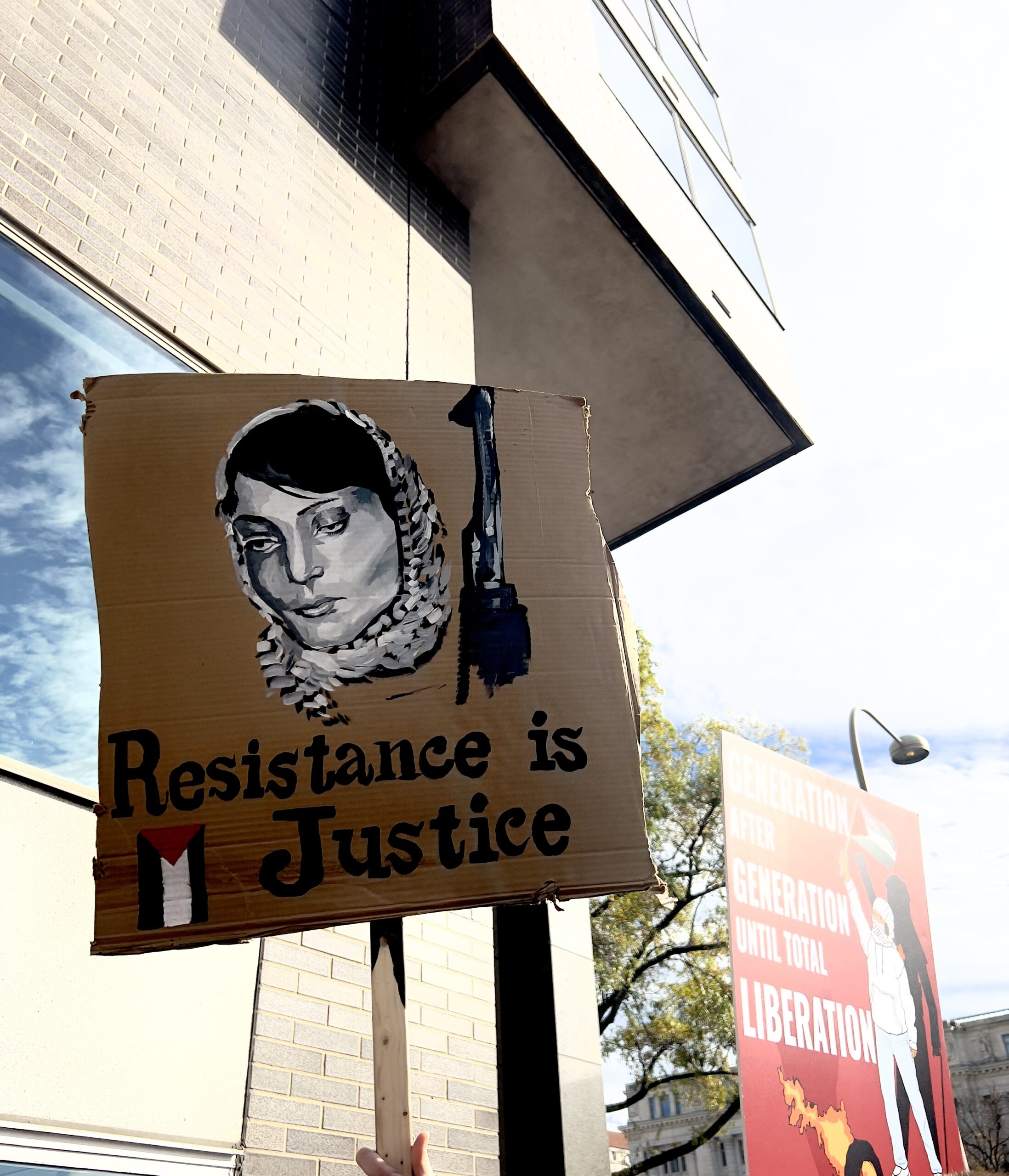
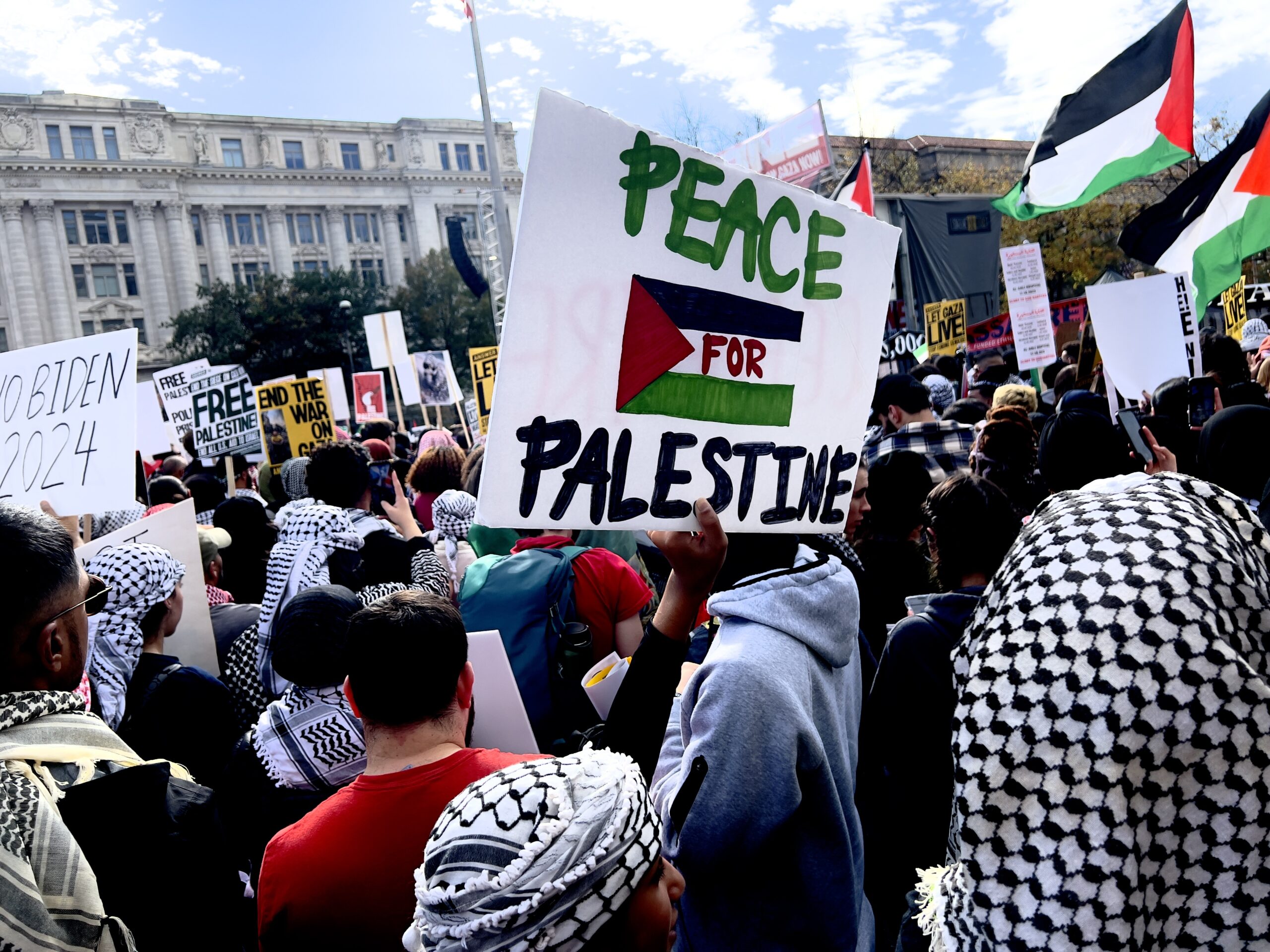



Leave a Reply